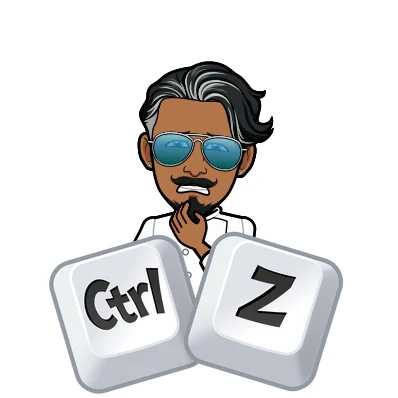drug overdose and antidote
NSAIDs (Nonsteroidal Anti-Inflammatory Drugs) are commonly used to relieve pain, reduce inflammation, and lower fever. Overdosing on NSAIDs can lead to serious health consequences. Here are some important points about NSAID overdose:
1. Dosage: Taking a higher dose of NSAIDs than the recommended or prescribed amount can lead to an overdose. Additionally, combining multiple NSAID-containing medications can also result in an unintentional overdose.
2. Symptoms: NSAID overdose can cause a range of symptoms, including stomach pain, nausea, vomiting, dizziness, headache, ringing in the ears (tinnitus), confusion, and drowsiness.
3. Gastrointestinal Effects: NSAIDs can irritate the lining of the stomach and intestines, leading to ulcers or bleeding, especially when taken in high doses or for an extended period.
4. Kidney Damage: NSAID overdose can have harmful effects on the kidneys, leading to acute kidney injury or exacerbating pre-existing kidney problems.
5. Cardiovascular Complications: In some cases, NSAID overdose can lead to cardiovascular issues, including increased blood pressure and heart palpitations.
6. Respiratory Distress: Severe NSAID overdose can cause respiratory distress, especially in individuals with pre-existing respiratory conditions.
7. Management: If someone is suspected of having an NSAID overdose, immediate medical attention is crucial. The treatment may include administering activated charcoal to prevent further absorption of the drug, managing symptoms, and providing supportive care.
8. Avoid Self-Medication: It is essential to avoid self-medicating with NSAIDs and to follow the prescribed dosage and duration recommended by a healthcare professional.
9. Special Considerations: Some individuals, such as the elderly, pregnant women, and those with certain medical conditions, may be more susceptible to the adverse effects of NSAIDs and should exercise caution when taking these medications.
10. Prevention: To prevent NSAID overdose, always read and follow the instructions on the medication label. Inform your healthcare provider of any other medications you are taking to avoid potential drug interactions.
If you suspect an NSAID overdose or experience any concerning symptoms after taking NSAIDs, seek immediate medical attention or contact a poison control center for guidance. Prompt and appropriate management can prevent serious complications associated with NSAID overdose.
Drug overdoses can be life-threatening and require immediate medical attention. The appropriate antidote for a drug overdose depends on the specific drug involved. Here are some examples of drug overdoses and their corresponding antidotes:
1. Acetaminophen (Paracetamol) Overdose:
Antidote: N-acetylcysteine (NAC) is the specific antidote for acetaminophen overdose. NAC helps replenish glutathione, a substance that protects the liver from the toxic metabolites of acetaminophen.
2. Opioid (e.g., Morphine, Oxycodone) Overdose:
Antidote: Naloxone is the antidote for opioid overdose. It works by blocking the effects of opioids on the opioid receptors, reversing respiratory depression and other central nervous system effects.
3. Benzodiazepine Overdose:
Antidote: Flumazenil is the specific antidote for benzodiazepine overdose. It is a competitive antagonist that reverses the sedative effects of benzodiazepines by displacing them from their receptors.
4. Anticholinergic (e.g., Atropine) Overdose:
Antidote: Physostigmine is the antidote for anticholinergic overdose. It is a cholinesterase inhibitor that increases the levels of acetylcholine, counteracting the effects of anticholinergic drugs.
5. Beta-Blocker Overdose:
Antidote: Glucagon is used as an antidote for beta-blocker overdose. It works by increasing cyclic AMP and calcium levels, which can overcome the effects of beta-blockers on the heart.
6. Calcium Channel Blocker Overdose:
Antidote: Calcium salts (calcium gluconate or calcium chloride) are used as an antidote for calcium channel blocker overdose. They can help reverse the negative effects on heart function caused by these drugs.
7. Digoxin Overdose:
Antidote: Digoxin-specific antibody fragments (Digoxin Immune Fab) are the antidote for digoxin overdose. They bind to and neutralize digoxin, reducing its toxic effects on the heart.
8. Cyanide Poisoning:
Antidote: Hydroxocobalamin (Vitamin B12a) and sodium thiosulfate are used as antidotes for cyanide poisoning. They help convert cyanide into non-toxic compounds that can be eliminated from the body.
It's important to note that the use of antidotes should be administered by healthcare professionals in appropriate settings. If you suspect a drug overdose, seek immediate medical attention or contact a poison control center for guidance. Prompt and appropriate management can save lives and prevent serious complications from drug overdoses.





Comments
Post a Comment